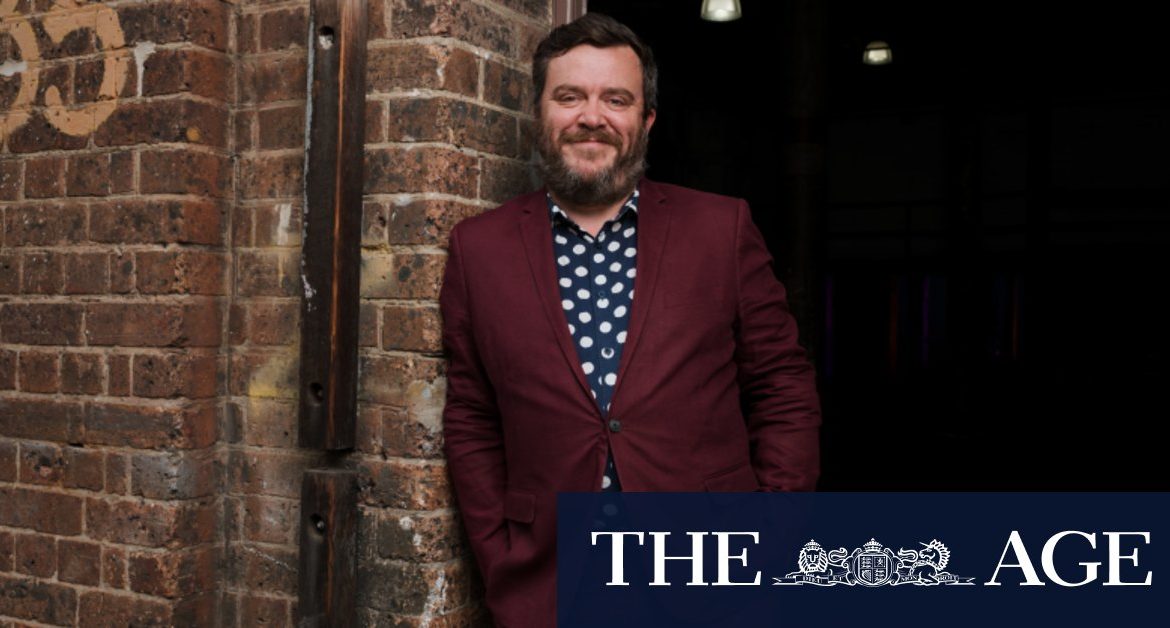The coronavirus pandemic might have offered no shortage of plot twists for the Sydney Writers’ Festival, but it has also given the annual literary event a chance to turn over a fresh page.
Interim artistic director Michael Williams says his first program reflects a shift away from the seduction of international guests and the mindset they are what makes or breaks writers’ festivals.
While there will be virtual events with high-profile authors – including Nobel Prize-winner Kazuo Ishiguro, Pulitzer Prize-winner Isabel Wilkerson, young adult favourite Judy Blume, Outline trilogy author Rachel Cusk and Australian expatriates Peter Carey and Geraldine Brooks – the program is built around in-person events featuring local writers from April 26 to March 2.
Interim Sydney Writers’ Festival director Michael Williams launched the 2021 festival on Thursday night.Credit:James Brickwood
Mr Williams, who replaced former artistic director Michaela McGuire after she resigned to head up Melbourne Writers Festival, said the main weekend at Carriageworks was essential to the event’s identity and he didn’t want to diminish it with endless streaming sessions.
“There is still this mental thing we do when it’s like, ‘Who are the big internationals we have?’ and that’s the measure of the festival. We decided we didn’t want that to be the exciting part of our program. We wanted to only do that very sparingly once we understood the shape of the conversation,” Mr Williams said.
Loading
“We love festivals because of the moments of serendipity outside of the sessions, we love them because of the intimacy in the room where you feel you had to be there. It doesn’t matter how good the interview you get to watch on Youtube or listen to on a podcast is, it’s a piece of broadcasting and it’s not genuinely immersive, genuinely intimate, genuinely engaged in the way that the best writers’ festivals are.”
It’s an interesting time to program a writers’ festival as the book world not only grapples with COVID-19 but with debate about how to manage authors or books that come under fire for views on race, sex, gender and identity.
“I think at least in part [‘cancel culture’] comes as a product of a really good thing, that voices that traditionally weren’t heard, that were traditionally marginalised one way or another are being heard now,” Mr Williams said.







